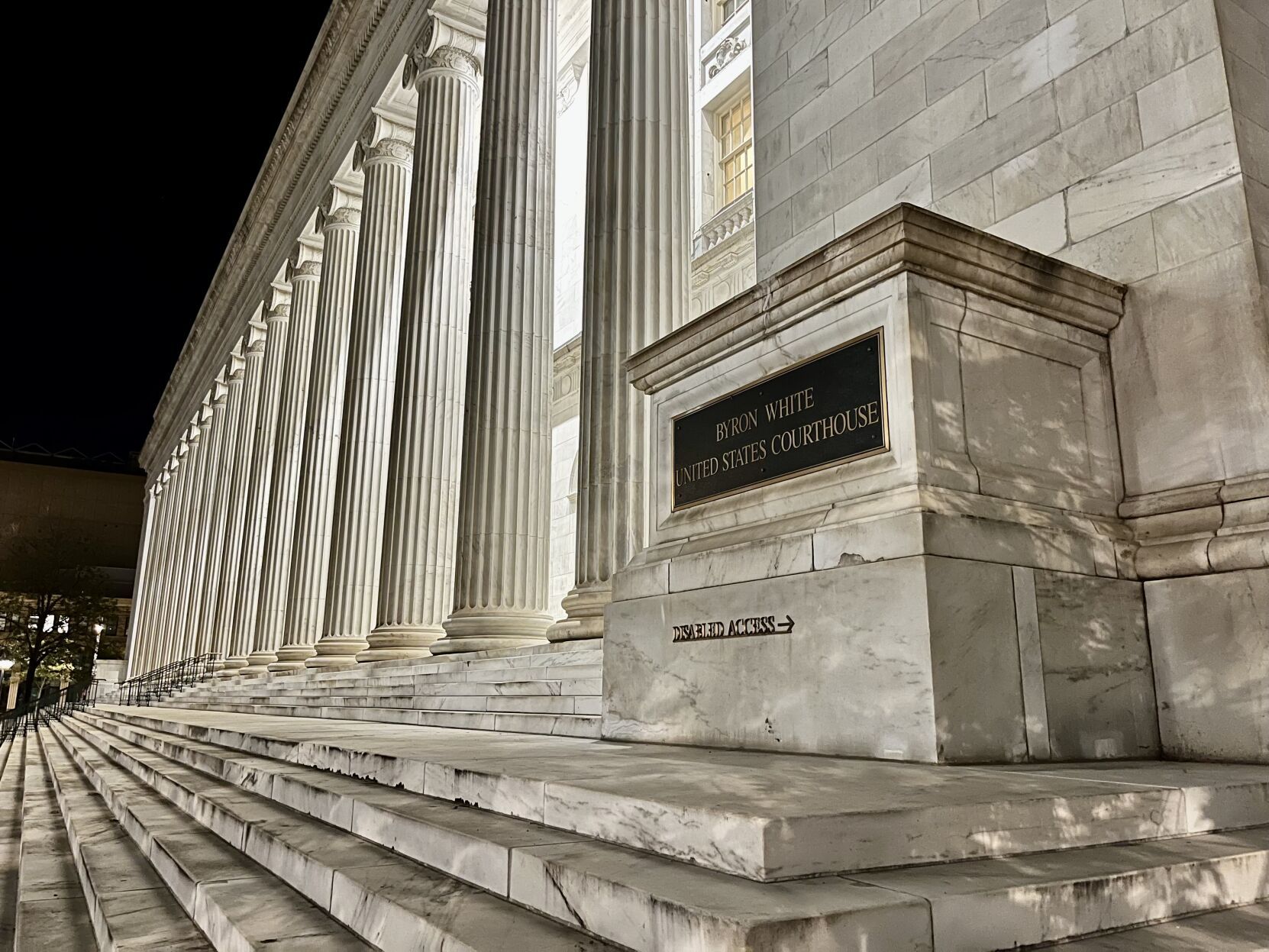10th Circuit orders resentencing after government concedes man’s serious probation violation cannot stand

The Denver-based federal appeals court granted an unusual joint request between the prosecution and the defense on Wednesday, directing a judge to resentence a man who was incorrectly found guilty of a severe probation violation.
There are multiple classifications of federal probation violations, with Grade C being the least serious and Grade A being the most serious. Grade B violations occur when a probationer commits an offense punishable by more than one year in prison.
Christopher Rocco Vigil received a lengthy prison sentence in 2014 for a drug offense, and began his supervised release in August 2023. This January, Vigil’s probation officer filed a petition alleging numerous Grade C violations of his probationary conditions, including Vigil’s failure to keep counseling appointments, failure to notify of a change in address and a shoplifting offense.
The only alleged Grade B offense was Vigil’s possession of a controlled substance that had not been prescribed to him, which is a violation of federal law that can be punished by more than a year in prison.
During a May 13 hearing before U.S. District Court Judge Nina Y. Wang, Vigil’s probation officer clarified that Vigil received a valid seven-day prescription for his controlled substance. However, Vigil resorted to cutting his medication into smaller doses to avoid withdrawal. Vigil also had trouble transporting himself reliably to obtain more medicine. By the time he met with his probation officer, his prescription was expired, but he still had medicine left over.
“The defendant has knowingly (committed) a Grade B violation of supervised release,” concluded Wang.
Without the Grade B offense, Vigil’s maximum sentence would have been 11 months. With it, the sentence increased to a potential of 14 months. Wang sentenced him to 12 months and one day.
Case: United States v. Vigil
Decided: October 1, 2025
Jurisdiction: U.S. District Court for Colorado
Ruling: 3-0
Judges: Scott M. Matheson Jr.
Robert E. Bacharach
Gregory A. Phillips
Vigil appealed, arguing that his extension of his prescription beyond seven days was a probation violation — and a Grade C offense — but it was not a Grade B offense amounting to criminal drug possession.
“Almost certainly more than half of the senior citizens in this country have pills in their medicine cabinets left over from surgeries or other illnesses that, for one reason or another — nausea or constipation or a faster than expected recovery period — cause the patients not to finish off the pills initially prescribed,” wrote attorney William D. Lunn. “The Government’s argument would make all of these good, law-abiding citizens felons.”
In an unusual move, the government responded with a motion for the U.S. Court of Appeals for the 10th Circuit to return the case to Wang to resentence Vigil. Assistant U.S. Attorney Kyle Brenton, writing jointly with Lunn, noted the federal law on controlled substances makes an exception for those obtained “pursuant to a valid prescription.”
In Vigil’s case, he did obtain his medicine with a valid prescription.
“He therefore should not have been convicted of a Grade B violation,” they wrote. “Under these circumstances, the parties agree that a remand for resentencing of Vigil for only Grade C violations is appropriate.”
On Oct. 1, a three-judge panel of the 10th Circuit granted the motion and ordered Wang to resentence Vigil. By now, he has served approximately seven months of his sentence.
The case is United States v. Vigil.













